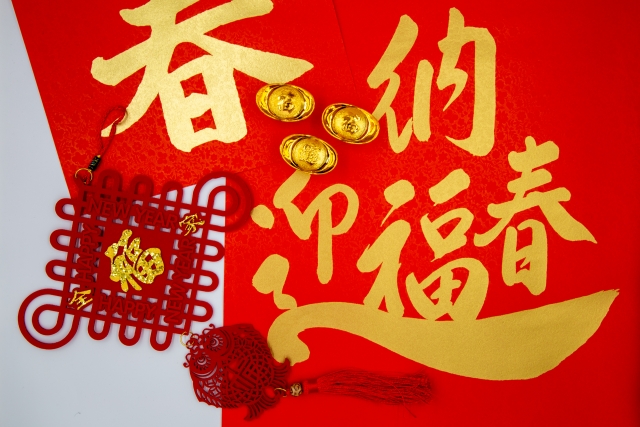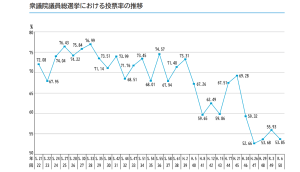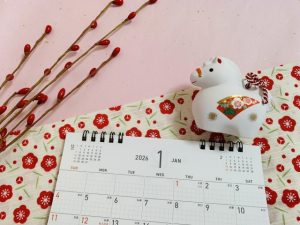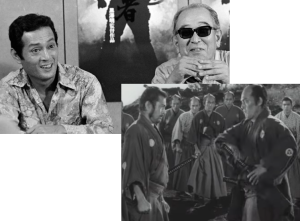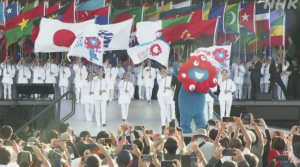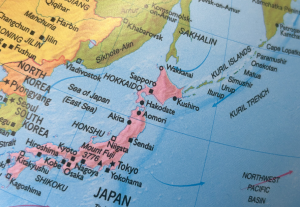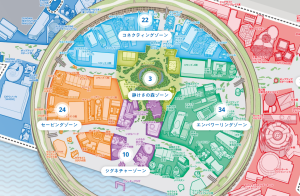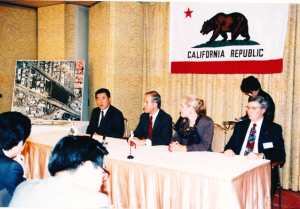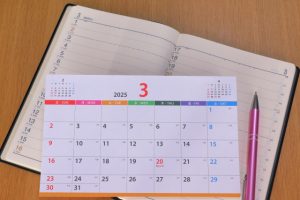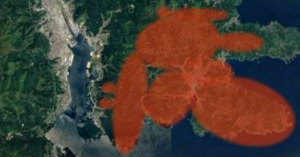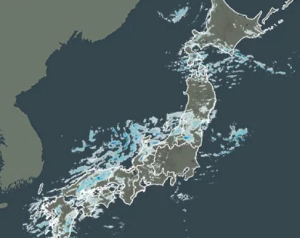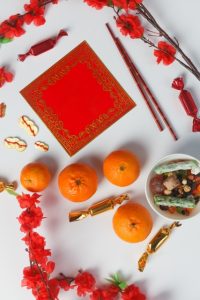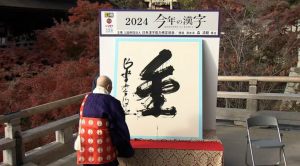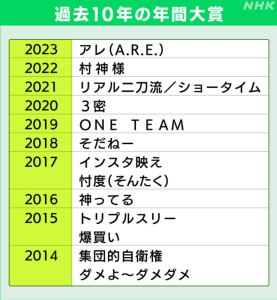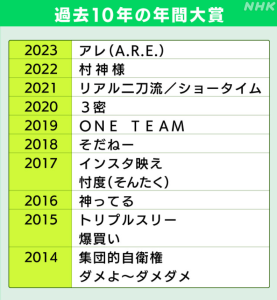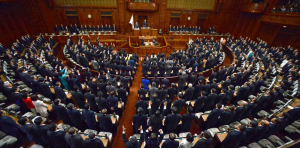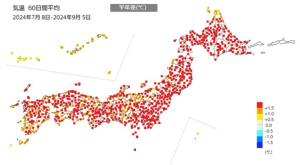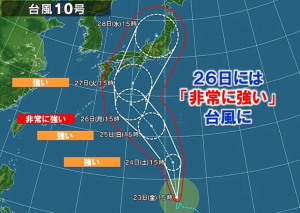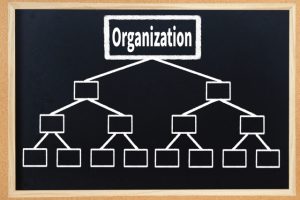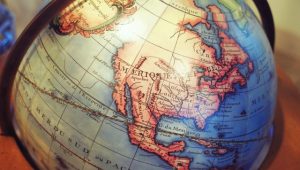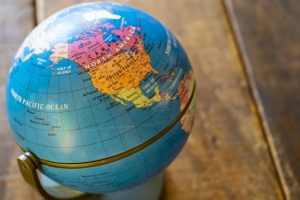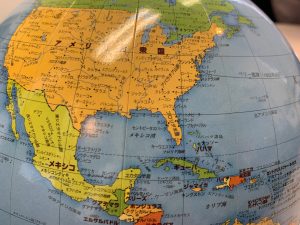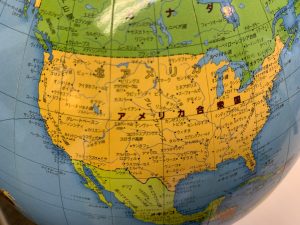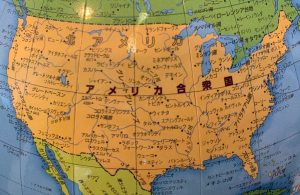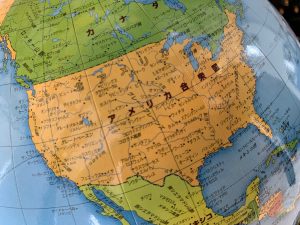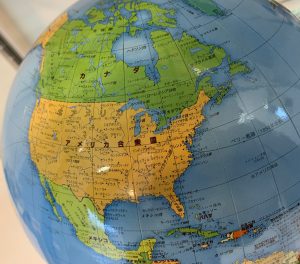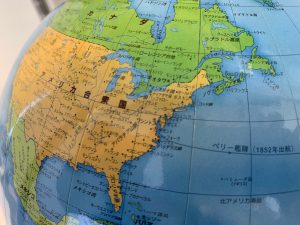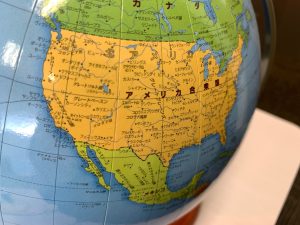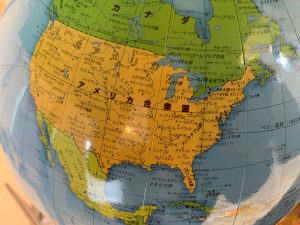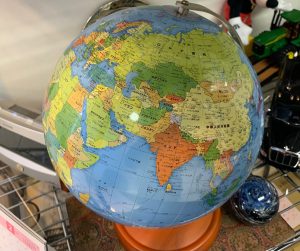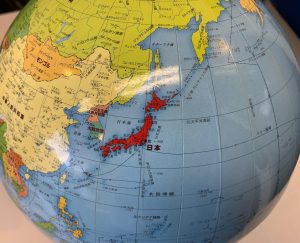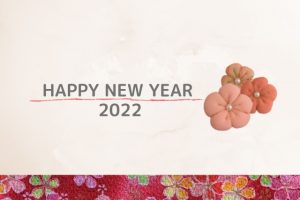Re: The situation by country through calendars and customs January 28, 2022
Almost one month has passed since the beginning of the year, and from next week February will start. And February 3 (Thursday) is ‘Setsubun’ (the day before the beginning of spring). Referring to Internet, the day of the nearest new moon to the beginning of spring (on February 4 this year) is supposed to be New Year’s Day in the old calendar in Japan, and it is said that ‘Setsubun’ is held on the day before the beginning of spring. The original birthplace is China, and in the Heian Period of Japan when continental culture was widely adopted, the diviners hold ceremony in order to keep off evil and calamity as the ceremony of the Imperial Court on New Year’s Eve. This custom unnoticeably changed, and the ceremony on the day before the beginning of spring was held among the common people in order to pray good health by scattering a shower of beans. After that, from the Edo Period people in Osaka ate ‘a thick sushi roll’ praying for a thriving business, and at present ‘Ehomaki’, uncut sushi roll which is considered to bring good luck, is eaten on the day before the beginning of spring.
In Japan, we have two major annual events, namely the New Year and Bon Festival, and various festivals. And we have also events of different culture from overseas country such as St. Valentine’s Day, Halloween, Christmas and so on. These overseas events become established as a measure of a bargain sale of chocolate, cake, and various goods regardless of the original religious meaning. Comparing with reverent religious feelings in Islamic countries and deep-rooted historical conflict between Arab countries and Israel, Japanese religious feelings and Japanese nationality arranging in Japanese way without any resistance are observed.
In addition, the New Year’s Day in Japan is based on the solar calendar (the Gregorian calendar) since 1872, but almost ethnic Chinese in the world (about 60 million) besides main land China call New Year’s Day in the old calendar in China as Chinese New Year. Every year the date of Chinese New Year is different and February 1 (Tuesday) this year. In Asia, 9 countries and areas including China, Singapore and Korea are setting up holidays for several days. China has 7 consecutive holidays from January 31(Monday) to February 6 (Sunday) this year. On February 4 (Friday) during this holiday period, the opening ceremony of Beijing Olympics will be held. It is said that about 3 billion people are moving during this holiday period every year, and the influence by corona virus infection and Olympics is focus of attention this year.
By the way, about 30 million Overseas Chinese are living in Asia, and very influential in local economy, and during Chinese New Year season, business activities almost stop. And the distribution is highly affected too. Incidentally, in general, about one week of Year-End and New Year season is holiday in Japan, but in the United States only January 1 is holiday as a general rule. And in Japan Bon Festival and Year-End and New Year are seasons for big movement, but in the United States Easter, Thanksgiving Day, and around Christmas are big movement season, and a means of transportation is heavily crowded. The date of Easter differs every year, and April 17 this year. Thanksgiving Day is the last Thursday in November, and this year November 24. When I worked in the United States, I experienced difficulties in movement during this season. In addition, Halloween is fixed on October 31, and Christmas on December 25.
There are specific calendars by history and religion of each country in the world other than the solar calendar. Islamic countries have Lunar Hijri calendar whose starting point is the migration from Mecca to Medina by the originator named Muhammad. However, most Islamic countries are using the solar calendar as an official calendar. And India has Hindi Calendar. In Japan, before the World War Ⅱ, there was ‘Japanese imperial calendar’ which is based on the legendary foundation of Japan by Emperor Jinmu in 660 BC.
It is very important for business persons and travelers to know specific history and custom by the difference of such countries and regions, and religion.
